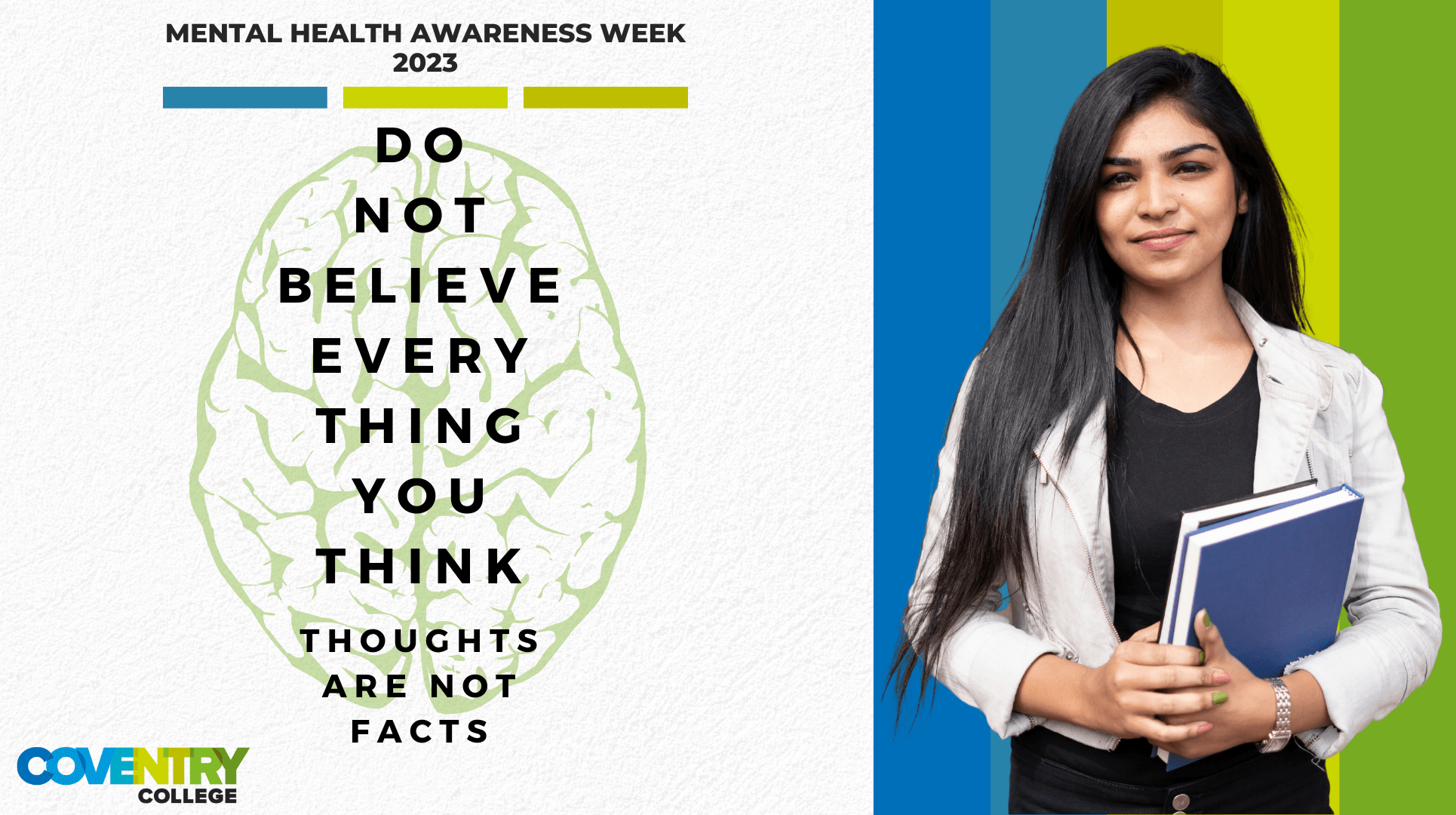
This topic is important – the difference between thoughts and facts.
Some of us can sometimes forget this distinction, and as a result, we can end up believing everything we think.
This can lead to some pretty negative consequences in terms of mental health, so it’s important to be aware of the difference between thoughts and facts.
In essence, thoughts are just that – thoughts. They may be based on reality or not, but at the end of the day, they’re just thoughts.
Facts, on the other hand, are indisputable. They’re the things that we can know for sure.
It is important to recognise the power we have over our own minds and the disparity between thoughts and facts. It is easy to get caught up in our thoughts and turn them into something real, leading to anxiety and panic.
To combat this, it is helpful to take a step back and evaluate the situation. Ask yourself if the problem at hand is an actual fact, if it is truly as bad as you perceive it to be, if it is life-threatening, and if it is something you have control over.
By breaking down the problem and approaching it in a calm and rational way, you can better determine the difference between thoughts and facts and find ways to manage any potential anxiety.

Remember, it is normal to experience anxiety sometimes, but it is important to find healthy ways to cope with it. Here are some strategies that may help you:
Remember, thoughts are not facts. They are mental events that pass through your mind, but they do not define you or the world around you. Learning to distinguish between thoughts and facts is a powerful tool in managing mental health and achieving a more balanced, positive outlook on life.
LISTEN TO THIS ARTICLE BELOW